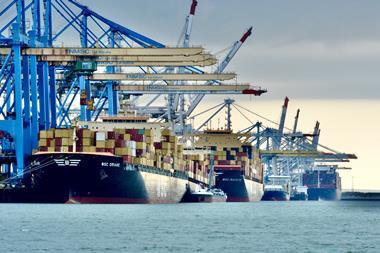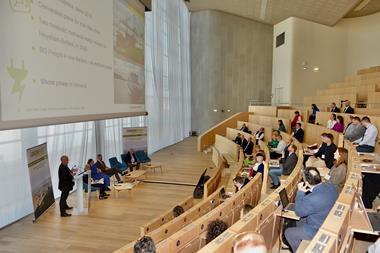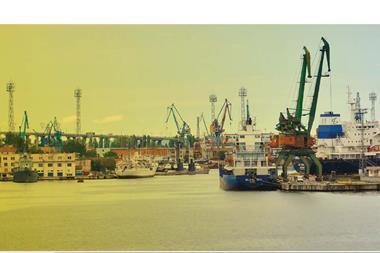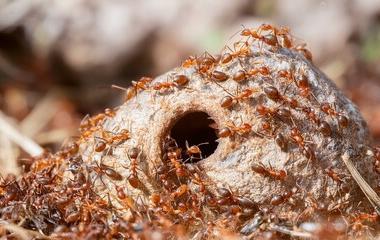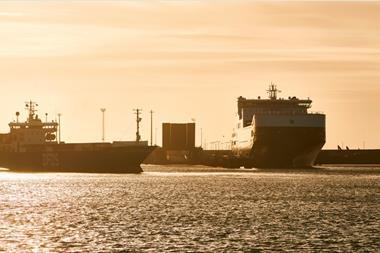The 9th GreenPort Congress, which was held last week at the World Trade Centre in Barcelona saw nearly 200 delegates from across the world coming together to hear more on the many challenges that a port has to face in light of new emission regulations.
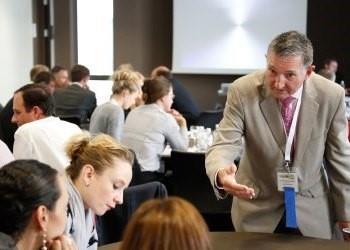
The Congress was opened on the 15 October by this year’s Congress host - the Port of Barcelona, with an opening session all about putting forward a positive environmental image for ports and spreading the message about working together with stakeholders and the local community to achieve emissions targets.
During day one of the Congress delegates heard sessions on users and stakeholders perceptions of Green Ports and afternoon working groups around tools needed in order to respond to stakeholder expectations - logistics, incentives and best practise and communication and reporting.
Isabelle Ryckbost, Secretary General at ESPO, a long term supporter of the event and one of our opening session speakers, said that the main challenges for ports and terminals in the coming year will include the sulphur directive coming into force in 2015, the review of the port waste reception directive, the near certain implementation of the ballast water convention and the air quality review - which will tackle the main pollutants produced by ports. “Ports will need to adapt their facilities in one way or the other because they will be playing different roles in the future,” Ms Ryckbost added.
The first evening saw all delegates attending the Gala Dinner at the beautiful Maritime Museum which was hosted by the Port of Barcelona. ESPO was delighted to congratulate the ports of Calais, Cork and Moerdijk for achieving the Port Environmental Review System (PERS) certification.
ESPO Chairman Santiago Garcia Mila presented the PERS certificates to the port representatives, Mr Laurent Devulder (Calais), Mr Finbarr Kearney (Cork) and Mr Jacco Rentrop (Moerdijk) respectively.
Day two kicked off with John Richardson, Special Adviser on Maritime Affairs, FIPRA International, moderating a session on global versus regional regulations and their impact on ports.
John said “During this conference it became clear that the greening of ports continues, with more ports than ever determined to go “above and beyond compliance” in their search for sustainable modes of operation. If this bottom-up approach to a cleaner environment can be reinforced and accelerated, the case for government to intervene with new regulations will be greatly weakened.”
Working Groups
A much anticipated part of the Congress are the working groups which act as a platform for ports to provide feedback to regulators and share best practice to overcome environmental challenges.
Moderator, Dr Chris Wooldridge, from the UK’s Cardiff University, said that the aim of the working groups was to send delegates away with an “armoury of options and tools” to apply to environmental challenges at their own ports.
The working group was split up into 3 streams to ensure delegates were able to attend a session relevant to their needs. On day 1 groups focused around green logistics and hinterland connections, environmental schemes and communication and reporting. During day 2 the groups focused around air quality, water quality and waste.
If you would like further information on this year’s GreenPort Congress and GreenPort Cruise Conference or would like to find out how you can get involved in the next one, please call +44 (0) 1329 825335 or email congress@greenport.com

